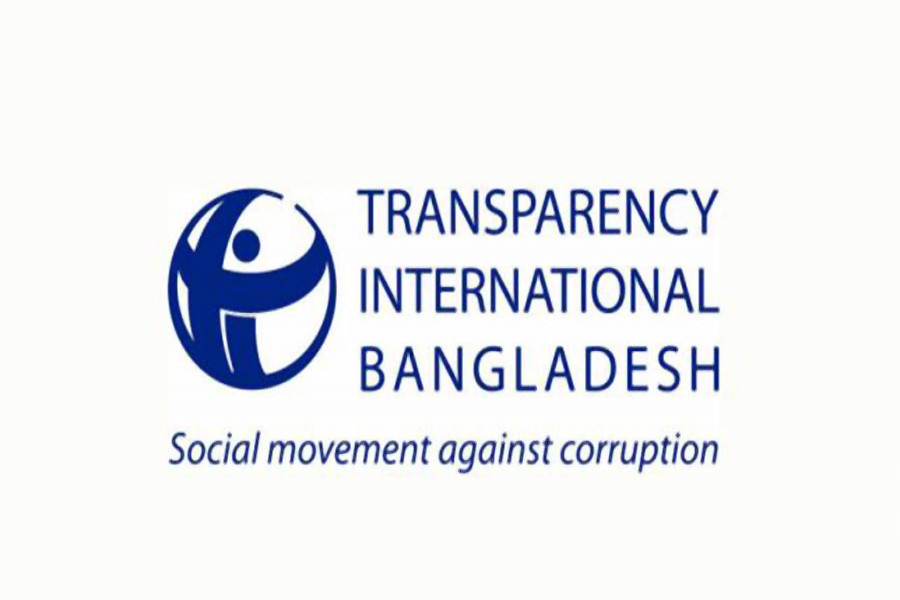The process of selection of entrepreneurs for Union Digital Centres (UDCs) lacks transparency due to absence of necessary guidelines, according to a study conducted by the Transparency International Bangladesh (TIB).
Even the UDCs don't provide any receipt against the government fee paid for the services, the study revealed on Sunday.
Though there is rule that entrepreneurs -- a male and a female-- will run a UDC, 23 per cent of UDCs are run by only male entrepreneurs in the surveyed areas due to lack of female entrepreneurs and their involvement with family, it added.
The study also found that the activities of the UDCs in the country are being hampered due to absence of specific rules and lack of technological expertise. "The UDCs cannot provide quality service due to unskilled entrepreneurs, dysfunctional machinery, load-shedding and slow internet speed."
It said about 32-42 per cent of necessary machines like photocopier, computer, laptop, printer and camera remain out of order, making the service delayed.
The findings of the study were revealed at a press conference on 'Union Digital Centres in Providing Service to the Citizens: Role, Potential and Challenge' organised by TIB at MIDAS centre in the city. TIB Programme manager of research and policy cell Juliet Roseti presented the findings.
The survey was conducted among nationally representative 3053 HHs, entrepreneurs of 105 UDCs and UP secretaries between June 2016 and August 2017.
Slow internet speed due to SIM modem at most of the UDCs and dysfunctional machines are the main reasons for delayed service. About 98 per cent of the UDCs surveyed use SIM modem, 13 per cent use government optic fibre and 5.0 per cent had broadband internet connection. About 80 per cent households know about UDCs but not all their services, according to the study.
It found that one-third of HHs in surveyed rural areas received services from UDCs in 2016 and 60.7 per cent of them were satisfied with services. About 45.0 million people directly received services during the period between 2013 and 2015.
Services like application for land 'porcha' and passports which reduced the direct contact between the service receiver and the relevant organisation has lowered the risk of exchange of illicit money, the study said.
TIB executive director Dr Iftekharuzzaman said although the service seekers were not harassed at UDCs for receiving services like land porcha collection or passport application, the same people had to pay extra money and face other harassment at the relevant local organisations.
The sustainable development goals (SDG) 16.4 and 16.5 have committed to reducing exchange of illicit money at every level significantly. The digital method is one the major tools to reduce bribery rate.
Referring the promotion of UDCs as inadequate and very weak, Dr Iftekharuzzaman suggested widespread promotion using national media including BTV.
It was found in the study that many entrepreneurs expressed fear that the agreement will not be renewed as there is lack of understanding or bad relation between them and UP leaders and secretaries.
Entrepreneurs are not interested to invest for a long time due to short-term investment contract. The rate of same service also varies in different areas as there are no specific rules on service price, the study said.


